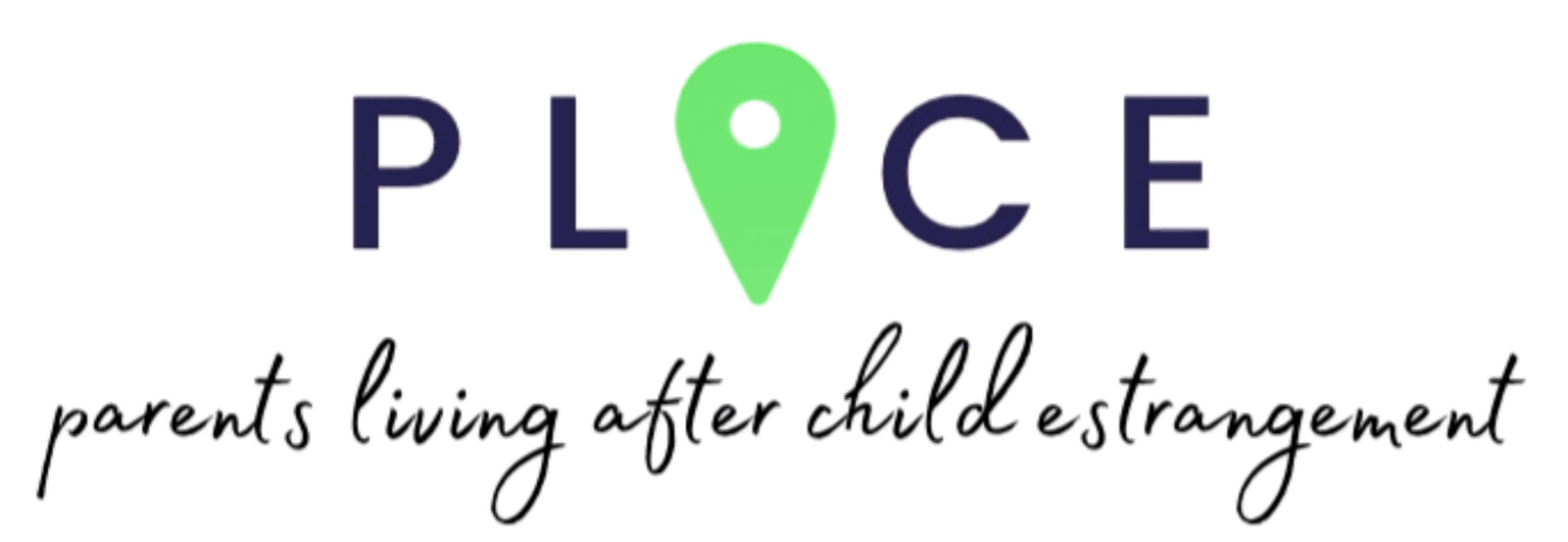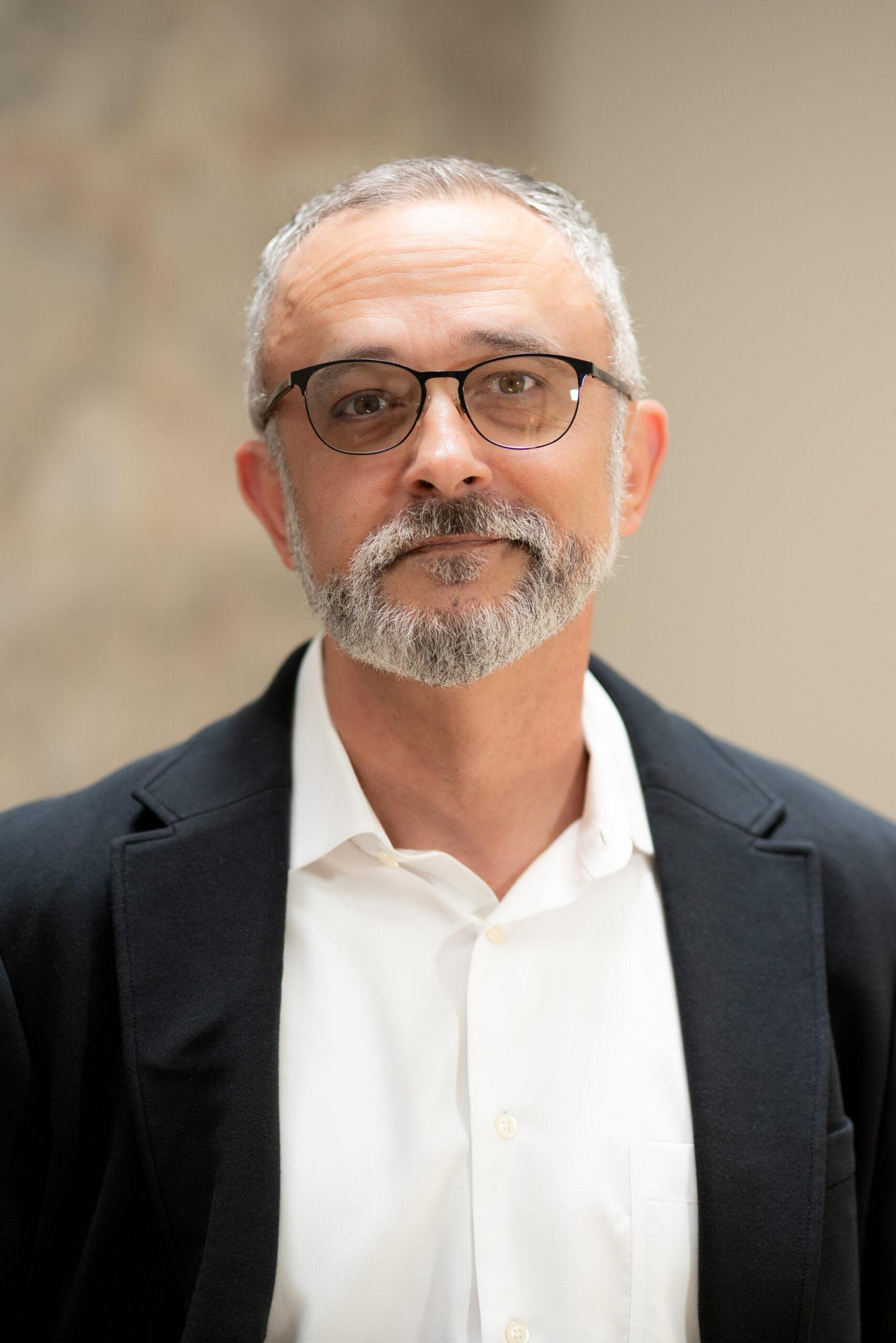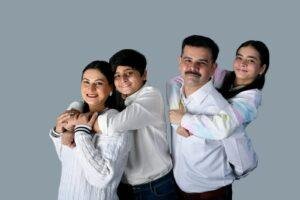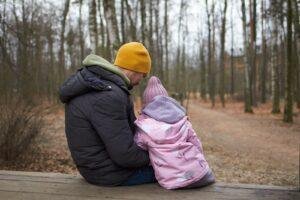Parent-child estrangement is a unique kind of heartbreak. It’s a wound without a clean break—a loss that lingers, unclear and unresolved. If you’re a parent navigating this terrain, I want to start by saying what most people don’t:
You’re allowed to grieve. You’re allowed to hope. You’re allowed to heal—even if reconciliation never comes.
Hi, I’m Brian Briscoe, founder of PLACE (Parents Living After Child Estrangement). I’ve spent years working with parents facing this quiet but powerful grief. Whether you’ve been estranged for weeks or years, recovery isn’t only possible—it’s necessary. You deserve a life full of meaning, even if your child isn’t part of it right now.
Let’s talk honestly about parent-child estrangement recovery—what it is, what it isn’t, and how to walk through it one honest step at a time.
What Is Estrangement Recovery?
Parent-child estrangement recovery is not about “fixing” the relationship.
It’s about healing the damage—to your sense of self, your mental and emotional health, and your ability to function in daily life. It’s about:
- Reclaiming your identity as more than just “the estranged parent”
- Releasing toxic shame or guilt that isn’t yours to carry
- Learning how to set and hold healthy boundaries
- Making peace with the unknown
- Finding purpose and joy again—even without reconciliation
You’re not just surviving estrangement. You’re recovering from it. And that’s a deeply human, courageous act.
Why Recovery Is Often Overlooked
The cultural script for parenthood is built around sacrifice, closeness, and lifelong connection. So when estrangement happens, many parents feel:
- Ashamed: “I must have failed.”
- Confused: “I don’t even know why they left.”
- Judged: “What did you do to deserve this?”
- Invisible: “No one talks about this.”
As a result, estranged parents often delay or avoid recovery altogether. They stay stuck in limbo—half grieving, half waiting, fully exhausted.
But here’s the truth: waiting doesn’t equal healing. Recovery is an active process, and it begins with you.
The Emotional Landscape of Estrangement
Recovery begins with understanding the storm inside you. Estranged parents often cycle through emotions like:
- Grief: Mourning the loss of connection, traditions, and identity.
- Guilt: Second-guessing every parenting decision.
- Anger: At your child, yourself, society, or all of the above.
- Shame: Feeling “less than” or “defective” as a parent.
- Loneliness: Estrangement is often isolating and misunderstood.
- Fear: Worrying it will never end or worsen.
These emotions are normal. They’re not evidence of failure—they’re signs you loved deeply. And if you loved deeply, you also deserve deep healing.
Stages of Estrangement Recovery
Estrangement recovery isn’t linear. You may move forward, then circle back. That’s okay. Healing is messy—but it’s still healing.
Here’s a framework we often use at PLACE to understand recovery:
1. Recognition
The first step is naming it:
“I’m estranged from my child. I didn’t choose this, but it’s real.”
This is where you stop minimizing or hiding. You acknowledge the grief and begin to look it in the eye.
2. Validation
You are not alone. You are not crazy. You are not evil.
Estrangement hurts. And your pain is valid.
In this phase, parents often join support groups, seek therapy, or read stories from others. Just knowing you’re not the only one can be life-changing.
3. Reflection
This stage includes gentle, honest self-examination:
- What were the relationship patterns?
- Were there unresolved traumas on either side?
- What role did you play—and what wasn’t yours to carry?
It’s important this reflection be non-punitive. Self-awareness is healing; self-blame is toxic.
4. Boundaries and Self-Compassion
Recovery requires boundaries—not just with others, but with your own inner critic.
- You are allowed to rest.
- You don’t owe the world an explanation.
- You can say no to shame.
This is where you begin protecting your peace.
5. Reconnection (Optional)
If and when reconnection becomes possible, you’ll need a solid foundation of clarity, compassion, and boundaries. Recovery doesn’t guarantee reunion—but it does prepare you to engage with integrity if the door ever opens again.
Common Barriers to Recovery
Let’s name a few blocks that often get in the way:
The Fixation Trap
It’s easy to become consumed by one goal: “I just want them back.”
But putting your healing on hold until they return is like holding your breath forever.
Recovery invites you to live now, even with the ache.
Toxic Shame
Parents often feel they don’t deserve to heal. But healing doesn’t require perfection—it requires permission. Shame says, “You don’t deserve peace.” Recovery says, “You do.”
Isolation
You don’t have to do this alone. PLACE exists because I’ve seen the power of community. A room full of people who understand you? That’s sacred.
Healing Without Reconciliation
Let’s say it plainly: reconciliation may not happen. And if it does, it may not look like a Hallmark movie.
That doesn’t mean healing stops. In fact, most recovery happens in the absence of contact.
You can still:
- Mourn the loss
- Process the story
- Rebuild your identity
- Laugh again
- Create new traditions
- Experience peace
Healing doesn’t require their presence. It requires your participation.
What Real Recovery Can Look Like
At PLACE, I’ve seen parents do the hard work of healing. Here’s what recovery can look like over time:
- A mother who now travels solo and journals every morning
- A father who writes poetry about grief and grace
- A parent who reached out once—and then released the outcome
- A woman who reconnected after 10 years, stronger than ever
- A man who learned how to love himself again, deeply and without conditions
These aren’t fairy tales. They’re the real stories of real people who chose to recover their lives, even as they grieved a relationship.
How PLACE Helps in Estrangement Recovery
PLACE isn’t just a support group. It’s a roadmap, a refuge, and a real-life toolkit.
Here’s how we help:
1. Weekly Peer Support Groups
Three live virtual groups each week. Honest. Grounded. Compassionate. A place to be seen and heard without judgment.
2. One-on-One Coaching & Therapy
Whether you need clinical therapy or strategic coaching, I meet you where you are—grief, boundaries, reconnection prep, or emotional stabilization.
3. The PLACE Book
“P.L.A.C.E. For Parents Living After Child Estrangement” is filled with stories, strategies, and hope. Think of it as a portable guide through the chaos.
4. Ongoing Education and Tools
Boundaries, communication skills, self-regulation strategies, and trauma healing—recovery is active. And you’re not doing it alone.
Estrangement Recovery Isn’t About Fixing the Relationship—It’s About Rebuilding Yourself
You don’t have to wait for your child to change in order to reclaim your own life.
Estrangement doesn’t define your worth.
Estrangement doesn’t erase your love.
Estrangement doesn’t disqualify you from joy, connection, or peace.
Recovery is hard. But it’s real. And it’s possible—one step at a time, one day at a time, one breath at a time.
You’ve made it this far. Let’s keep going.
—Brian







